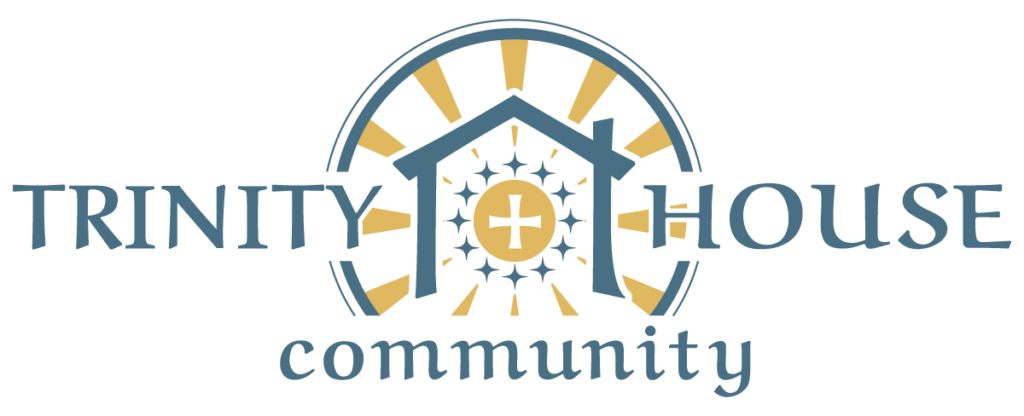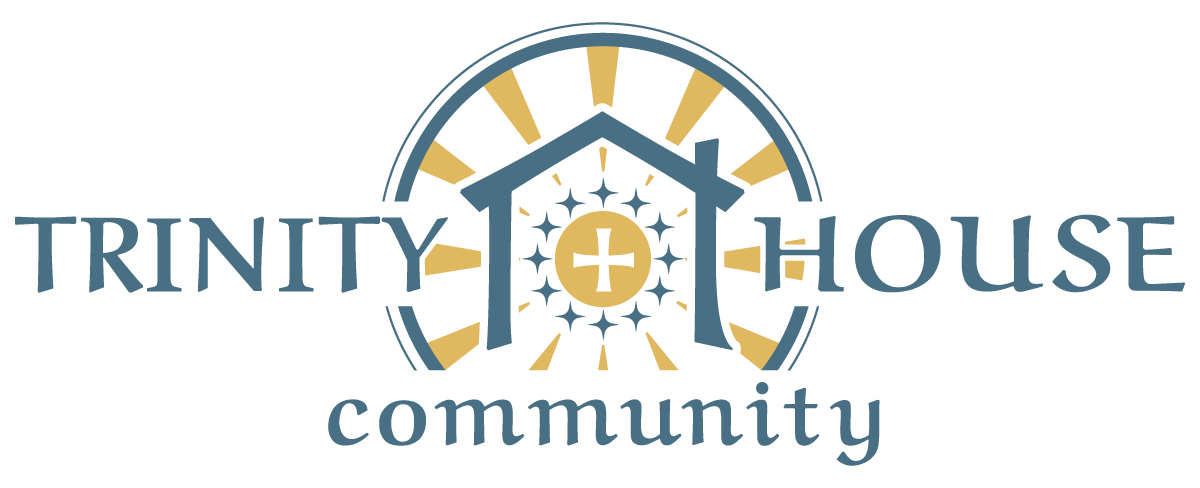
To hear this letter read by Soren, click here:
Dear Friend,
Like many Americans last week, we saw heat indexes top 100 degrees. Naturally, we cranked up the AC. But then, as temperatures leveled off, the AC was still in overdrive. We had gotten used to a new set point, and it took a few days to recalibrate. Truth be told, we have become overreliant on many of the comforts around our house in just such an innocent way.
Something powerful happens in our brains anytime we experience pleasure, according to a Stanford psychiatrist’s article, “Digital Addictions are Drowning Us in Dopamine.” With pleasure, we get a jolt of dopamine, what Lembke describes as “a chemical produced in the brain that functions as a neurotransmitter, associated with feelings of pleasure and reward.” But as much as our brains crave pleasure, they also demand equilibrium.
“Whenever it [the brain] tips in one direction,” Lembke explains, “it will try hard to restore the balance, which neuroscientists call homeostasis.” So, it’s only a matter of time before the brain will “downregulate” from the “high,” a process which can make us feel restless, irritable, anxious, or worse. And the more dopamine we indulged in, the more painful the reset. Sound familiar?
No parent needs a neuroscience course to understand homeostasis. We know that when we say “yes” to our kids’ next sugar high too soon, we are cruising toward a course correction—a subsequent low of very cranky kids. This is all part and parcel of our ancient brain’s “fine-tuned balance” for what humans have long known: environments “in which pleasures were scarce and dangers ever-present.”
Not to put too fine a point on it, but our brains deincentivize overindulgence by punishing it with anxiety and irritability. Because if we’re not generally sober, we won’t be able to defend ourselves when a leaner, hungrier force invades. So, in order to arrive at the peaceful equilibrium and watchful state that is good for us, one in which we are able to be somewhat detached from pleasure and pain, our brains disallow too much pleasure.
What does this brain chemistry mean for our Household Economy, which we focus on in the third week of the month? Our households exist within a wealthy, materialist, consumerist society. They are replete with every comfort: temperature control, soft beds that adjust for every ache, full pantries with every kind of gastronomic treat, devices which allow us to shop, gamble, and be entertained at will…
And so, what becomes of us, and especially of our children, who may never have experienced want? What happens when the next dopamine hit is right there every time? It means we can run from homeostasis, going right back to the source of pleasure, to get another hit. It means that comfort is always increasing its control over us, leading to ever-greater susceptibility to irritability, anger, anxiety and depression.
If we keep reinforcing this pattern, Lembke explains, “the brain’s set-point for pleasure changes.” Instead of just one serving (or episode!) of our favorite whatever, we need two servings to experience the same release. And so on, and so on… In the end, our Christian households have become centers of comfort that set us up for a life of enslavement, depression and eventually extinction.
How can we detach our homes and families from this Disneyland of dopamine? What does Lembke suggest? Instead of prescribing antidepressants, she advises her clients to embark on a “dopamine fast” (from whatever drugs of choice) for 30 days. Once equilibrium is restored, their “minds are less preoccupied with craving” and “life’s little unexpected joys are rewarding again.”
After seeing this neurochemical “backstory” to our everyday life, we couldn’t help but think of temperance, what the Catechism defines as “the moral virtue that moderates the attraction of pleasures and provides balance in the use of created goods.” The virtue of temperance “ensures the will’s mastery over instincts and keeps desires within the limits of what is honorable.”
Teaching our children temperance—to “live sober, upright, and godly lives in this world” (1809)—and how to resist our culture’s ever-escalating dopamine rush is a must. To do this, let’s model what we wish to see in our children. Let’s deepen the abiding peace that our Lord offers. This peace, in turn, will allow us to embrace the shared work of our households with renewed focus and discipline.
It’s not Lent, but the end of summer is also a good time to start a little dopamine fast. As we do, why not take Romans 12:2 as our motto: “Do not be conformed to this world but be transformed by the renewal of your mind, that you may prove what is the will of God, what is good and acceptable and perfect.”

> If you print up this 5-page PDF on temperance (Diocese of La Crosse), you’ll get a great refresher course on how to strengthen temperance in your daily life. In addition to looking at how St. Therese of Lisieux demonstrated temperance, you’ll find practical suggestions that can help when you feel the next tug toward dopamine.
> “Temperance is realizing when enough is enough of any of the worldly goods God has given us,” writes Paula Standridge in “The Virtue of Temperance Can Offer Life Balance” (Diocese of Little Rock).
> “Statistically, American men have never been lonelier,” Soren writes in “From Anonymity to Fraternity” (Arlington Catholic Herald). He makes the case for forging strong friendships, deepened through parish groups like the Knights of Columbus, That Man is You, and the group he references in the piece, the Men’s Mornings of Recollection at St. John’s in Leesburg. More Household Economy Tools….

> Last week, Arlington Bishop Michael Burbidge released a “A Catechesis on the Human Person and Gender Ideology.” This back-to-basics overview is just the kind of primer we need.
> Our Heaven in Your Home Workshop is now online! Share this new resource with others by forwarding them the link to this sign-up page to gain immediate access.
> Coming up: It’s not too early to mark your calendars for Saturday, Sept. 18th, for our kick-off Heaven in Your Home Gathering at St. John the Apostle’s Parish Center, Leesburg, 7-9 p.m. (and livestreamed), with Fr. Thomas Cavanaugh, who will speak on “Building Your Home on the Father’s Love.” Learn more here, and be encouraged in building up your family life (kids welcome)!
> As we pray and seek to aid the people of Afghanistan at this perilous moment, we share with you this powerful 4-min. CNN interview with Soren’s brother Kirk yesterday.





